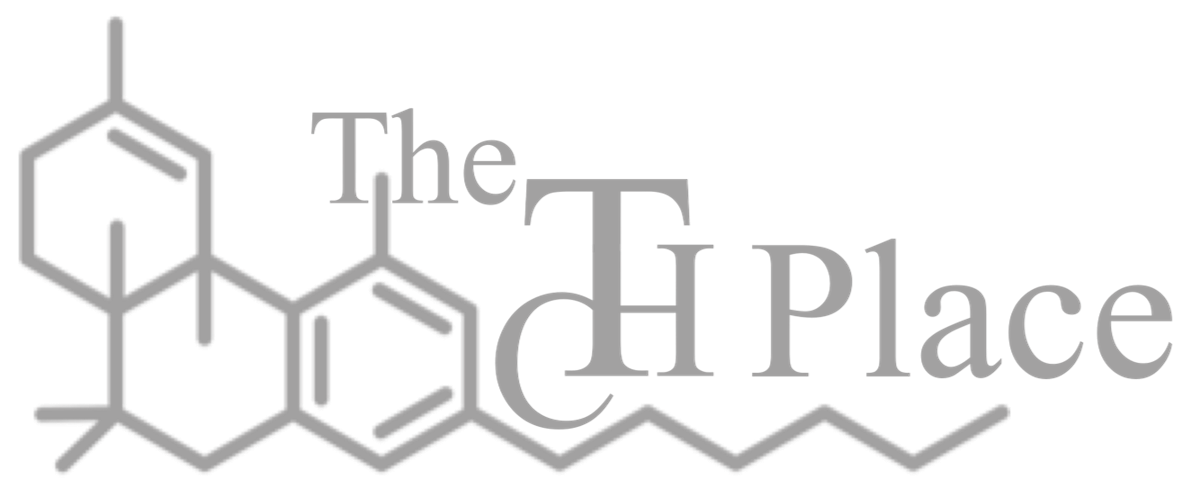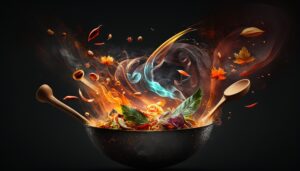To fully understand decarboxylation, we need to break the word into its constituent parts. Don’t worry, this isn’t going to be a long rant on language. Just a quick defining of three terms.
The first term, “de-” (pronounced like “dee”), is a prefix that basically means removal.
The second term, “carboxyl” (pronounced like “car-box-ill”), is a chemical term for the acid radical group COOH which is found in most organic substances.
The third term, “-ation” (pronounced like it would be in vacation), is a suffix that basically means an action. Put those three terms together and you get, “the action of removing the carboxyl group (COOH)”. That’s what decarboxylation means.
Before we go any further, let’s take a moment to discuss the correct pronunciation of the whole word, not just the individual syllables.
Thankfully, if we just put those individual syllables together (dee-car-box-ill-ation) and say them at regular speed (putting the same amount of stress on each part), we’ll pronounce the word correctly. Go ahead, try it a few times.
After two or three passes through the word, your tongue will get used to all the ups and downs and you’ll actually find the word fun to say. Just remember not to put too much stress on any one syllable. It’s not dee-CAR-box-ill-ation, nor is it dee-car-box-ILL-ation.
If anything, the absolute correct pronunciation would place the most stress on the “BOX” syllable (dee-car-BOX-ill-ation). But don’t worry about this too much. If you just say all five syllables with the same amount of stress, it will come out right and you won’t sound like a complete and total newb.
But enough about pronunciation! Let’s get back to the chemistry of decarboxylation.
Take a look at the image below. You’ll see a typical THCA molecule on the left. On the right, you’ll see a typical THC molecule after it has been decarboxylated.
But how do you go about decarboxylating (or decarbing) your cannabis? The same way the ancients did it—through the application of heat.
Keep in mind that the bud we have is pretty much still raw. And as we’ve learned, raw bud won’t get us high and won’t give us the medical benefits we’re used to.
There may be a slight psychoactive effect and a slight medical benefit because of the drying process, but the buds haven’t reached their full effectiveness yet.
It’s at this point that our journey splits into two different paths. Each path is a different way of consuming the now-dried cannabis we see before us. Those two basic means of consumption are smoking it or eating it (inhaling or ingesting).
How To Decarboxylate Your Weed
- Preheat oven to 230℉.
- If you haven’t already, break up the dried buds into small pieces with your hands.
- Spread the small pieces and flakes on a baking sheet (one with a rim works best).
- Bake the cannabis at 230℉ for 35 minutes.
- Stir the cannabis every 10 minutes to ensure even toasting.
- After 35 minutes, check the cannabis. It should be light- to medium-brown in color and should be very dry. If it’s not, put it back in the oven for a further 5-10 minutes. Keep an eye on everything so it doesn’t burn.
- When finished baking, remove the cannabis from the baking sheet and let cool. Careful, it’s going to be very crumbly at this point.
- When the cannabis has cooled sufficiently, put it in a food processor and pulse until the weed is coarsely ground (like oregano).
- If you’re going to use this marijuana in smoothies or drinks, you can continue grinding until you produce a powder.
Cannabis can also be activated through solvent extraction and ice-water extraction. These methods produce a concentrate that can be hardened and used for dabbing or kept in an oily state and used for cooking.
The important point of all this is that the cannabinoids in the marijuana need to be chemically altered (or activated) so that your body can process them easier.
It’s this activation that gives your weed the psychoactive and medical benefits you crave. You can thank decarboxylation for that.




